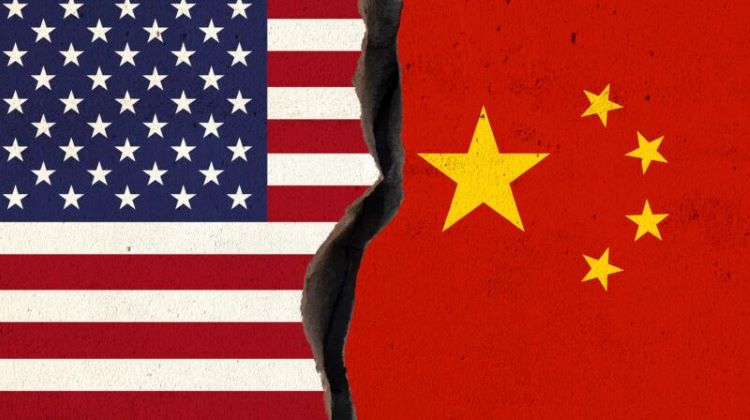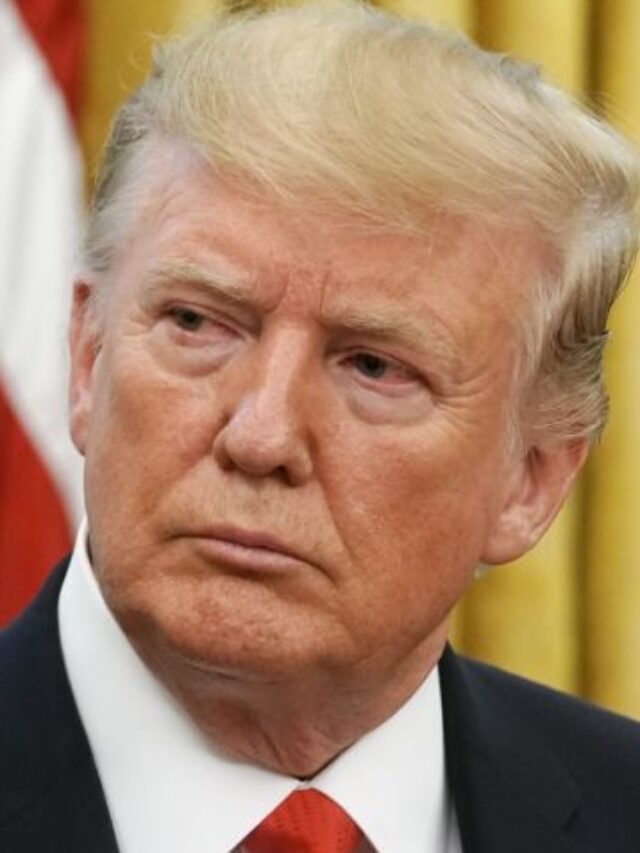Sonali Ray, writer
Brief news
Japanese authorities have allocated 5.53 trillion yen ($36.8 billion) to support the yen, following warnings of intervention due to volatile currency movements. This comes after the yen reached its lowest point against the US dollar in 38 years. Japan’s central bank has increased its benchmark interest rate to approximately 0.25%, the highest since 2008. The yen is currently trading at around 150 per dollar, a significant increase from its low of 161.96 per dollar. The yen has been under pressure since the Bank of Japan discontinued its negative interest rate policy in March.
Detailed news
In July, official data revealed that Japanese authorities allocated 5.53 trillion yen ($36.8 billion) to support the yen.
The data provided by Japan’s Ministry of Finance revealed the numbers for the time frame spanning from June 27 to July 29.
The amount was approximately in line with expectations and came after repeated warnings from Japanese authorities that they would intervene to address excessively volatile currency movements.
Japan’s recent intervention in the foreign exchange market follows closely after the yen reached its lowest point against the U.S. dollar in 38 years. In late May, the Japanese government confirmed the country’s first round of currency intervention since October 2022.
In response to the currency’s decline, Japan’s central bank made the decision to increase its benchmark interest rate to approximately 0.25%, up from the previous range of 0% to 0.1%. It is anticipated that the Bank of Japan will soon reach its highest interest rates since 2008.
The yen experienced a significant increase following the BOJ’s decision and is currently trading at approximately 150 per dollar. There is a clear difference between the beginning of the month and now, as the Japanese currency dropped to 161.96 per dollar, a level not seen since December 1986.
The yen has been facing ongoing pressure ever since the BOJ discontinued its policy of negative interest rates in March.
Source : CNBC News




